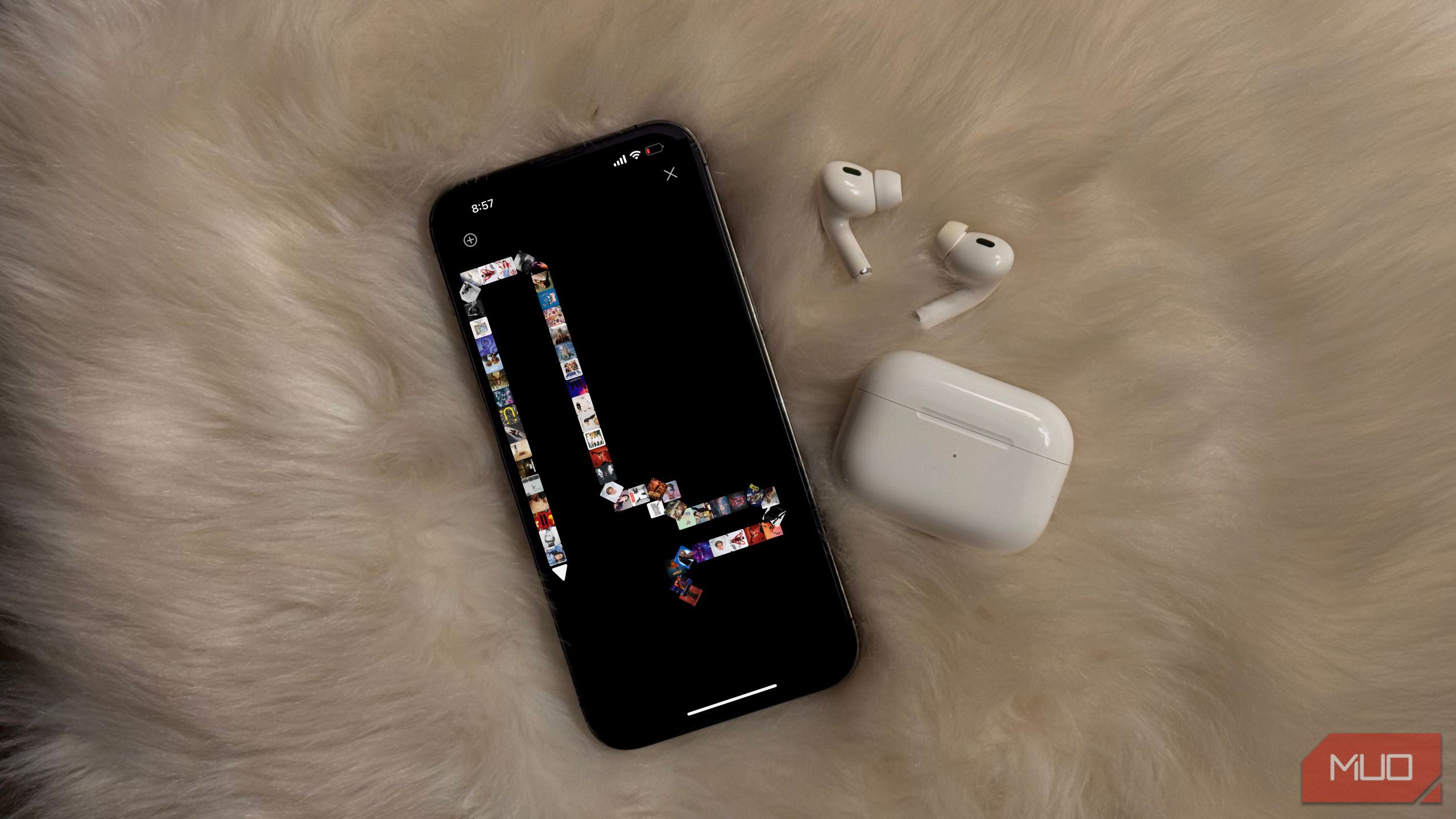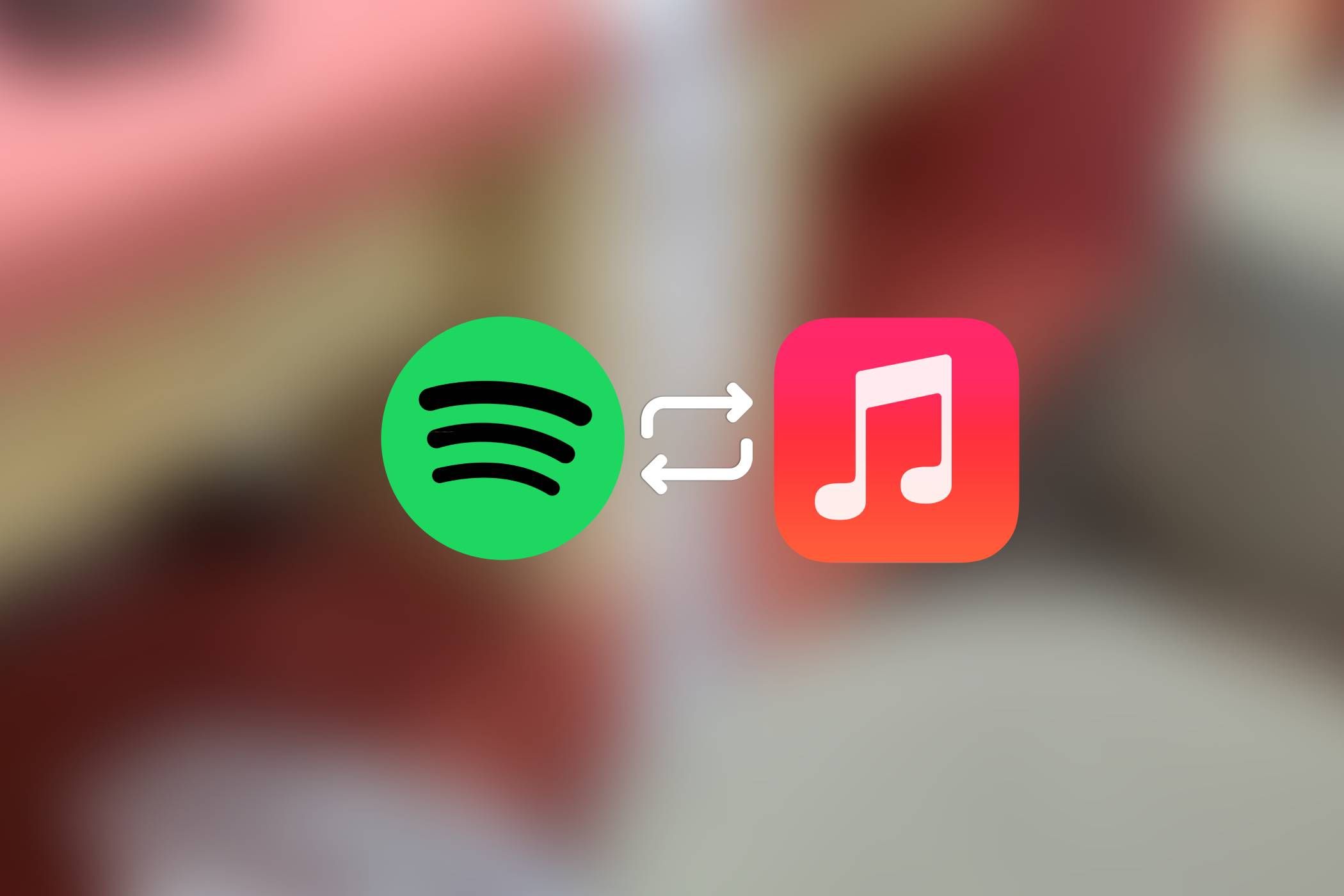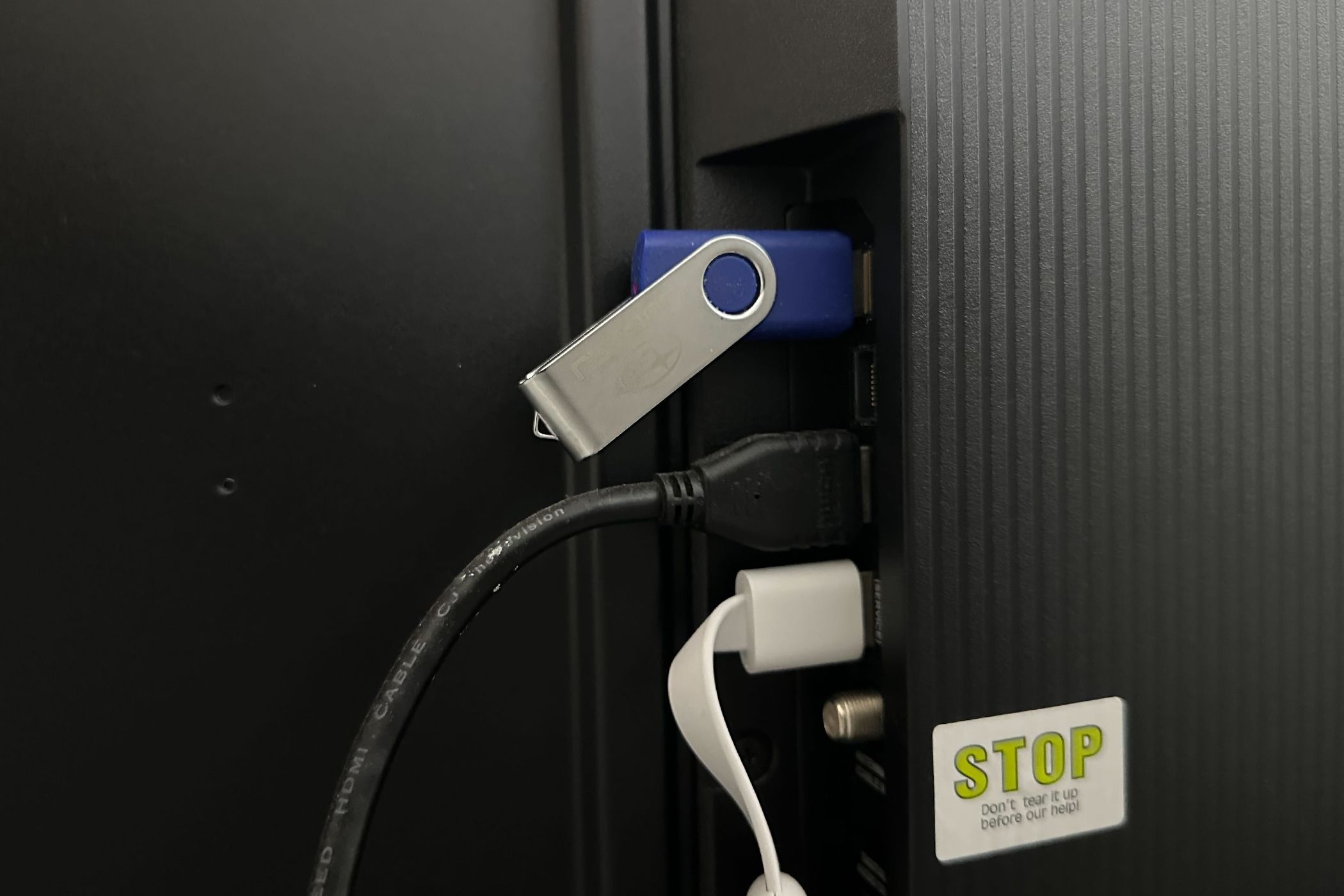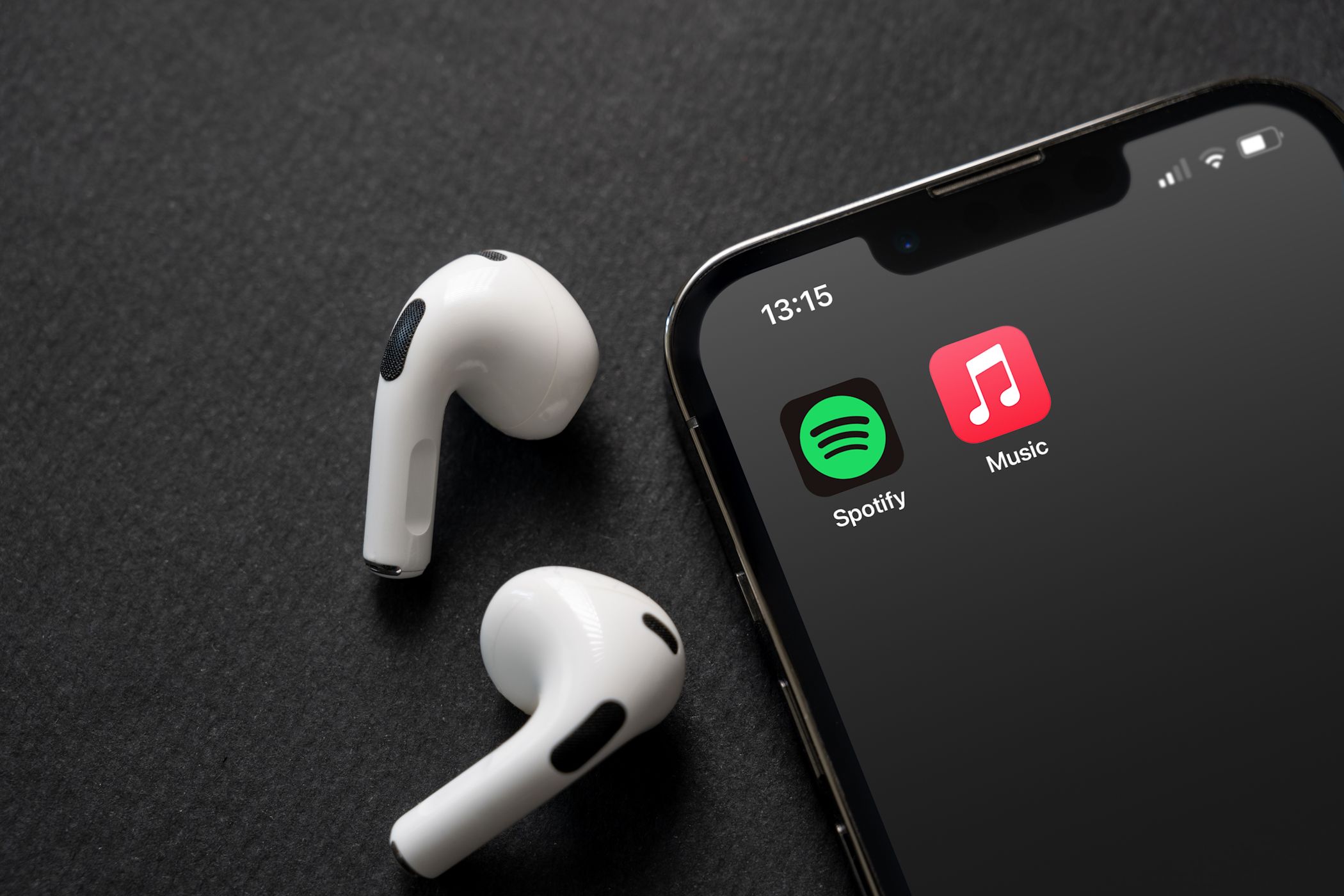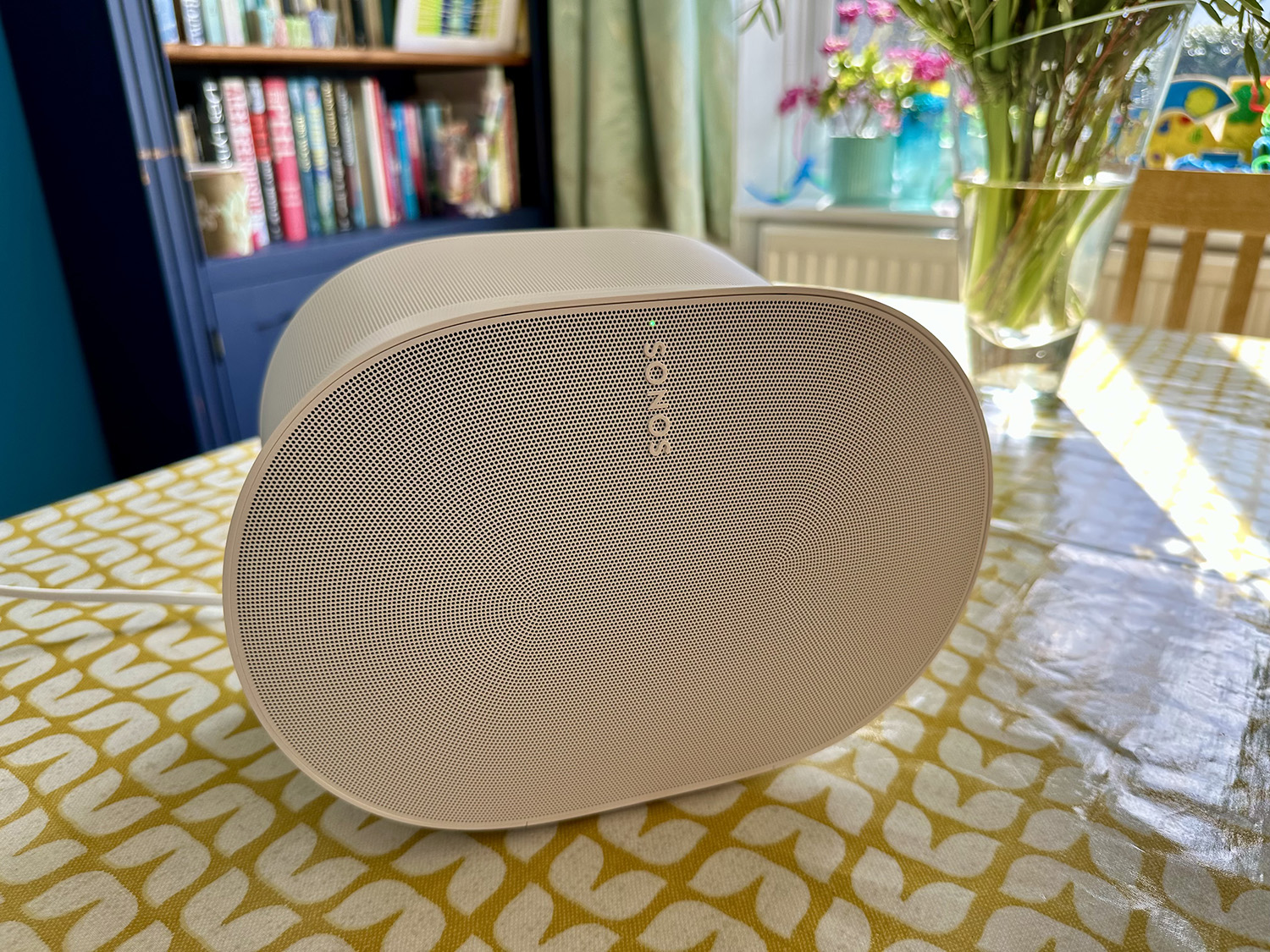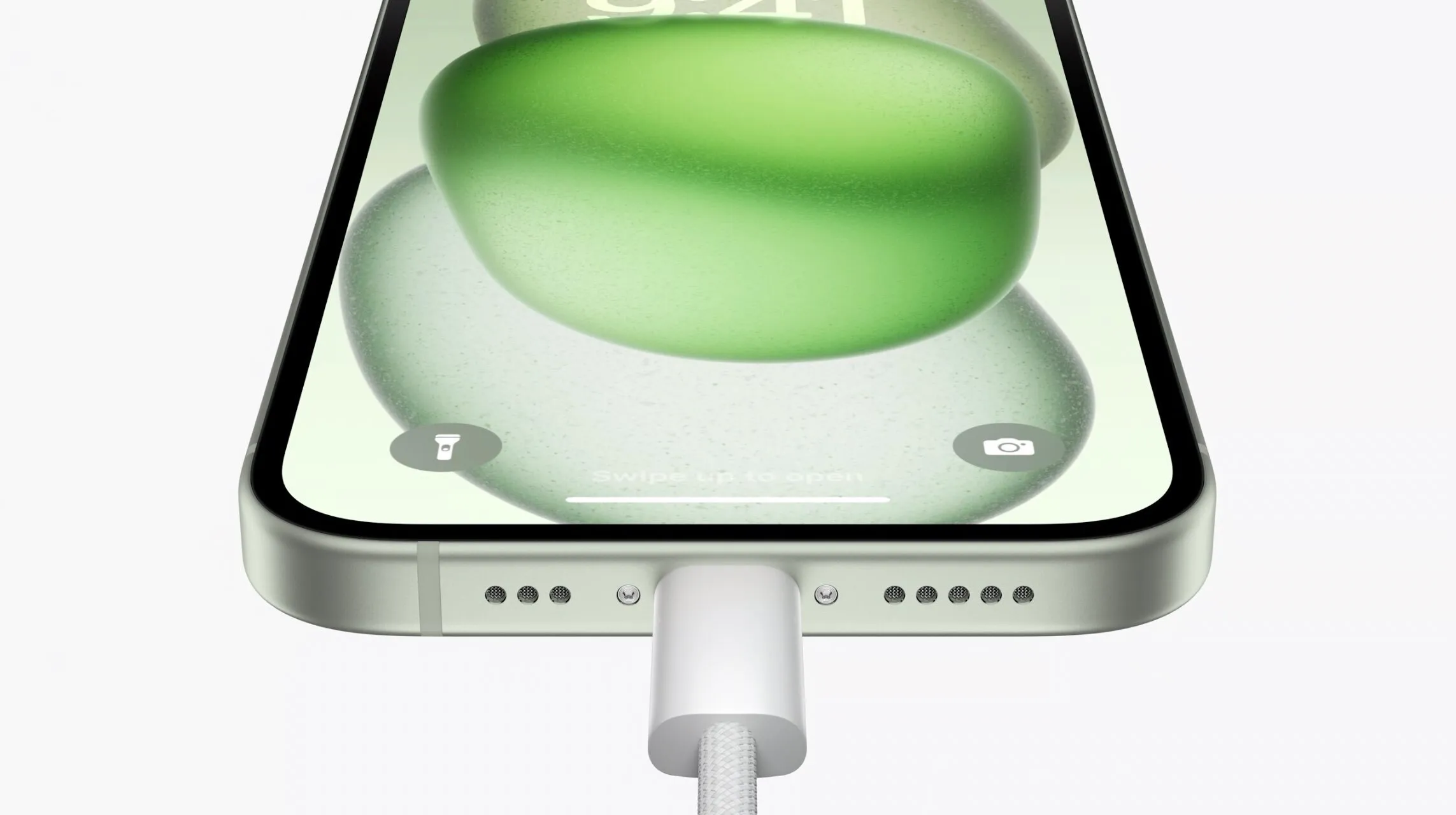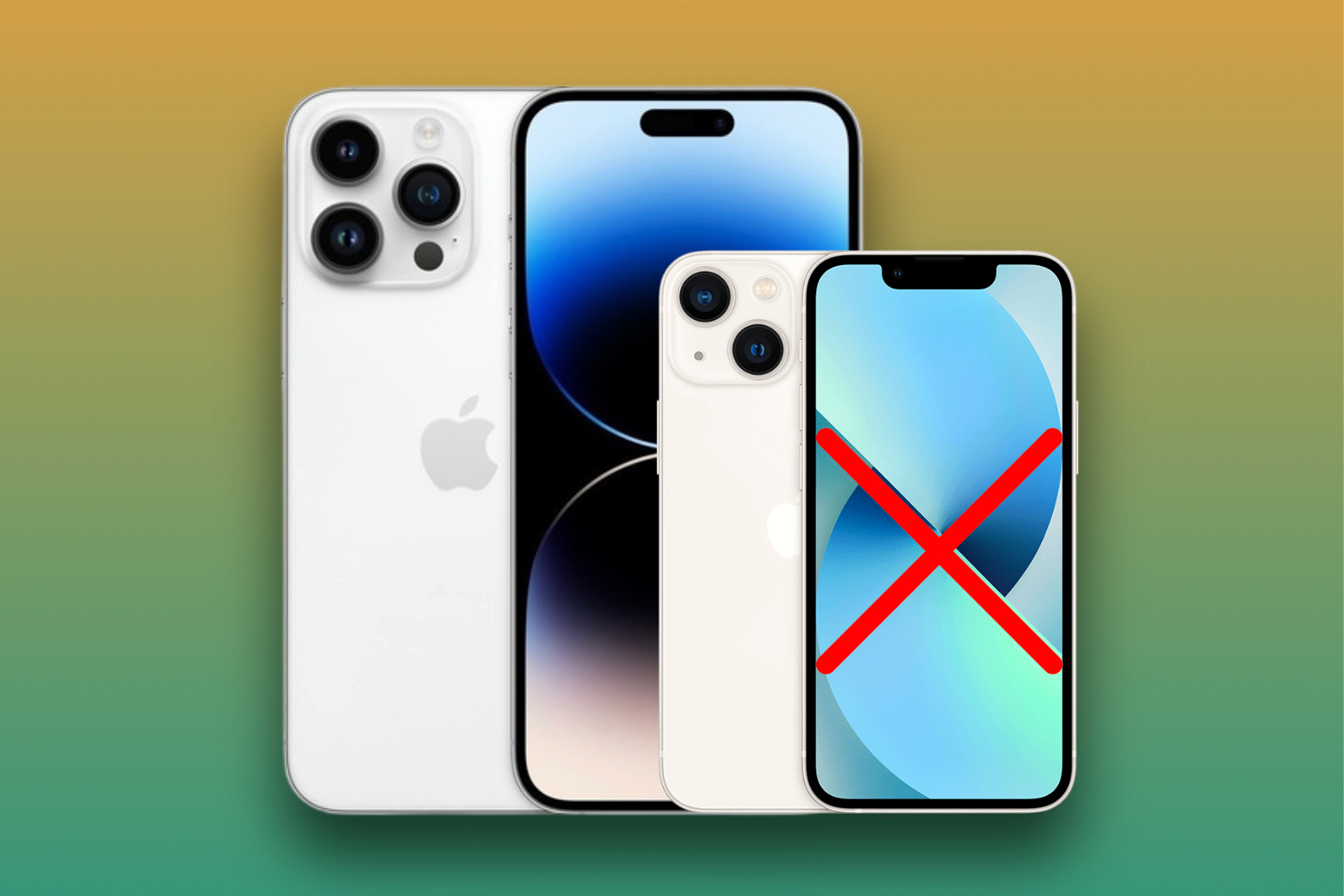I’ve seen some crazy tech re-branding exercises in my time (hi, Intel), but Dell’s latest move is absolutely staggering. The company’s performance-based XPS laptop line will no longer be called XPS because Dell is dumping all its more specific brand names.
The company has decided copying Apple’s Pro and Pro Max branding is the way to go, something that will look even more silly if Apple itself ever does a MacBook Pro Max laptop.
Dell follows in the steps of HP which rebranded its whole PC lineup last year. However, devices still had meaningful brand names such as OmniBook. It didn’t remove brands entirely.
I’d like a Dell please
What’s worse is that consumer laptops will be known as Dell. Yes that’s right…. just Dell. How that will work in on and offline stores (or for Stuff’s own SEO purposes online) is pain that I can’t wait to experience.
The standard Dell lineup is then followed up by Dell Pro and Pro Max.
Here’s how Dell defines the difference between the ‘categories’.
- Dell: Designed for play, school and work.
- Dell Pro: Designed for professional-grade productivity.
- Dell Pro Max: Designed for maximum performance.
Simple, right? But, as ever, such as simple premise is too good to be true.
A line of laptops and desktops can’t be that simple without also having simple spec options. But Dell is a PC maker and PC maker have complicated options.
So there are then three tiers within each of those umbrella category brands – Premium, Plus and Base (although products in the Base category won’t have that as part of the name). So yes – you can have a Dell Plus and a Dell Pro Max Premium it seems, After this, a number would indicate the screen size, just as now.
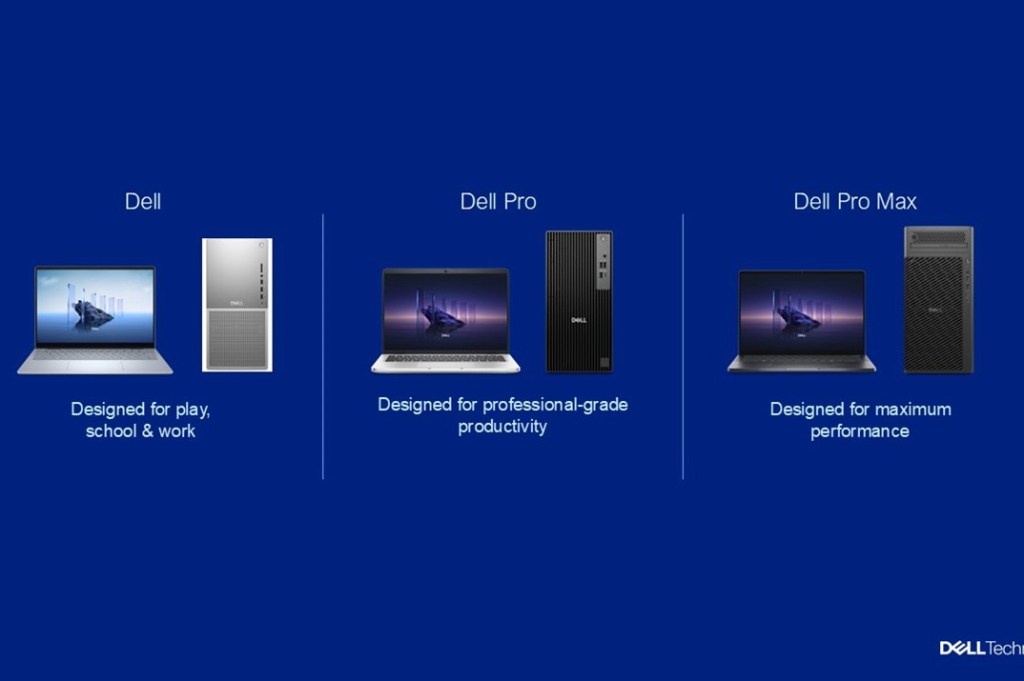
Aside from the new names being too simple for a complex range, the XPS name is well-known and, what’s more, is highly thought of even if the meaning of ‘Extreme Performance System’ doesn’t really match a bunch of the devices it’s written on.
Dell has confirmed various Intel-based devices at CES 2025 (AMD and Snapdragon-based devices will follow later) including the Dell Pro 13 and 14 Premium series at CES alongside the Dell Pro Max 14 and 16, other Dell Pro Max desktops. As part of the consumer range, there’s the Dell 14 Plus (also available as a 2-in1) and the Dell 16 Plus (also as a 2-in-1). Clear as mud.
It’s a real shame to bid farewell to the XPS 13 in particular; one of the best laptops out there, a line that goes back to 2012. The XPS brand itself goes back way, way, further, having been given to some machines in 1993. But it’s not the history that’s the problem for Dell here; it’s what it means – and it isn’t clear what devices would-be XPS purchasers would necessarily need to look at.
Like HP, Intel is doing this as it sees the AI PC era (with Microsoft Copilot+ PCs in particular). The PC industry would like this to be a reset of the whole way you buy and use a Windows PC, even if this is slightly wishful thinking. As a result there is some merit in making branding simpler, but binning the company’s best-known brand probably isn’t the way to do it.
